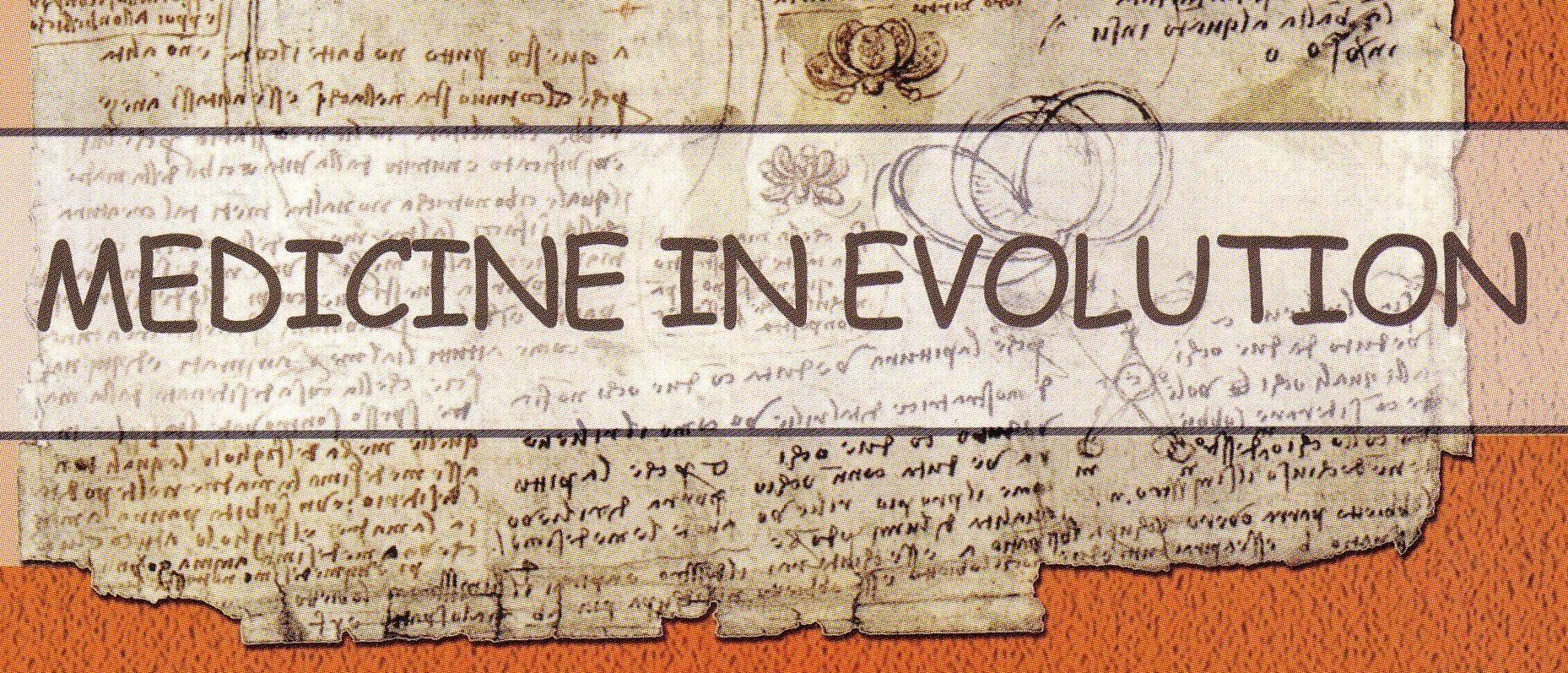|
Medicine in evolution
|
- Abstract - Background: Despite late discoveries related to pain control and communication paths, fear and anxiety towards dental treatment are still important factors in dental treatment. Fear of dentists is common and a potentially distressing problem, both for the public and for the dental practitioners. Avoiding the dentist because of fear can have serious ramifications in terms of dental health and overall well-being.
Aim and objectives:
The purpose of this study is to investigate the
valences of the assessment methods regarding anxiety
and fear towards dental treatment. Results: The levels of general and dental anxiety were considerably lower in group 3 when premedication combined with extensive explanations and psychological intervention was given before the dental treatment. The results indicated that patients with high anxiety level tend to present high trait anxiety, but high trait anxiety seems not to predispose to high dental anxiety. Conclusions and clinical implications: The incidence of dental fear may be less if clinicians use both psychological and medical methods to control anxiety in dental treatment.
Webmaster: Creanga Madalina |
|---|---|
